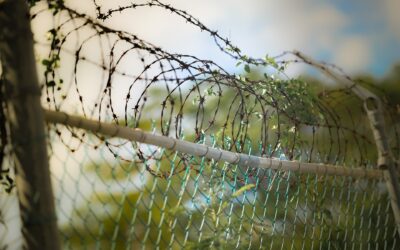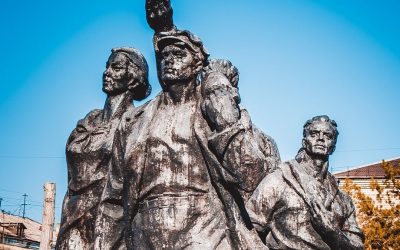Rządy państw mogą dążyć do ścisłej kontroli nad społeczeństwem obywatelskim, aktywistami, dziennikarzami oraz wszystkimi, którzy nagłaśniają kwestie praw człowieka w kontekście działalności przedsiębiorstw. Zagrożenia związane z represjami ze strony władz państwowych są poważniejsze w sytuacjach, w których rząd, wpływowi politycy, oligarchowie i/lub darczyńcy wspierający działalność polityczną są właścicielami lub posiadają udziały w danej spółce.
Represje, kontrola rządu i autorytaryzm mogą doprowadzić do ograniczenia przestrzeni dla społeczeństwa obywatelskiego i jego działań na rzecz praw człowieka w biznesie. W takich okolicznościach obrońcy praw człowieka są częściej atakowani. Podczas pandemii Covid-19 represje wobec aktywistów działających w sferze praw człowieka i biznesu przybrały na sile na całym świecie.
Zdarzało się, że w Europie Środkowo-Wschodniej i Azji Środkowej władze niektórych państw podejmowały zdecydowane działania przeciwko obrońcom praw człowieka, protestującym, aktywistom i strajkującym. Na przykład pracownicy, którzy odegrali wiodącą rolę w protestach na Białorusi, doświadczyli poważnych represji.
Związki zawodowe również bywają celem ataków, zwłaszcza kiedy przeciwstawiają się praktykom przedsiębiorstw skarbu państwa. Podczas strajków w miejscowości Żanaozen w 2011, kazachstańska policja otworzyła ogień do strajkujących robotników naftowych, wskutek czego 64 osoby zmarły, a 400 osób odniosło obrażenia. Tymczasem według władz Kazachstanu liczba ofiar była znacznie mniejsza – jedynie 15. W kolejnych miesiącach władze dopuściły się tortur na strajkujących i przywódcach związkowych. W rezultacie Komitet przeciwko torturom ONZ uznał Kazachstan winnym naruszenia Artykułu 15 Konwencji w sprawie zakazu stosowania tortur oraz innego okrutnego, nieludzkiego lub poniżającego traktowania albo karania. Niedługo potem Kazachstan jeszcze bardziej ograniczył swobodę działania niezależnych związków zawodowych.






